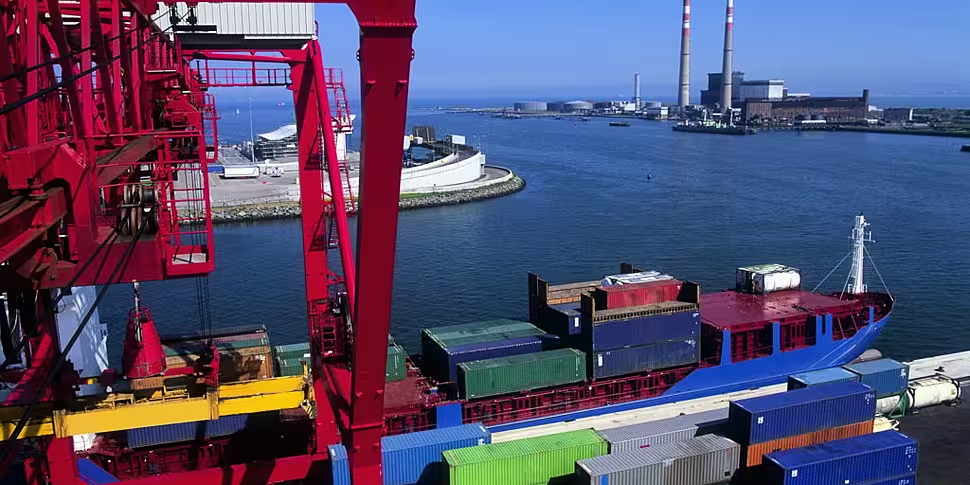The head of the Irish Congress of Trade Unions (ICTU) says income supports, such as COVID-19 payments, should continue until people who are laid off can come back to work.
The union has warned against a 'cliff edge' removal of the pandemic payments.
General-Secretary Patricia King outlined a new 'No Going Back' plan to stimulate the economy to Newstalk Breakfast.
"The incoming administration in our judgement must avoid poor political choices.
"We have not just an economy to run, we have a society to run and our society is badly fractured as a result of the last recession we had and how it was managed."
On the ICTU plan, she said: "Firstly we have to get immediate stimulus in, continue the income supports and so on until our economy gets to a place where those people who are laid off come back to work and so on.
"Then we must move into having to borrow significant amounts of money in order to stabilise and stimulate the economy over the next two years.
"And then when we do that, our economy will go into recovery mode, will start to grow and we will be able to take the proper fiscal rectitude means that we need to put in place - like for instance, deal with the shortfalls in our revenue streams that already exist.
"So we would say austerity measures now would be socially indefensible and economically very ill-judged".
She said parts of a new report from the Irish Fiscal Advisory Council should be implicated, such as stimulus packages and borrowing.
But she said any cuts should be in a balanced way.
"For far too long, really, the old ways have failed too many people - like homeless people, people in hospital and housing waiting lists".
"If you take it that by the end of 2022, if we have a projected 231 national debt at the end, that would be about €31bn more than it currently is.
"We're well able to sustain that by virtue of interest rates."
In terms of extra revenue on a yearly basis, she said: "You'll get the extra revenue as you stimulate the economy, the economy will start to work again and will deliver".
Its plan proposes a free universal public healthcare system, a massive programme of public housing and increased investment in education.
It also says that any future business supports should be linked to union recognition.
It says while we have the potential to make a strong recovery, this is dependent on keeping as much economic infrastructure in place as possible.
On social protection, ICTU says: "We must also make an equal effort to support our societal infrastructure.
"The crisis has forced us to reassess what we mean by adequate levels of social protection.
"We have learned that the level of social welfare previously offered to both the sick and the unemployed was inadequate, as were protections offered to private sector workers.
"At the end of the crisis we cannot pretend these levels of support are adequate to provide for any family."
And it says there should be an "automatic presumption" of employee status.
"All households should have a minimum and sufficient level of income that enables full participation in society, while all workers should be paid at least a living wage."
On the health sector, ICTU says: "This pandemic has shown that the public healthcare system is singularly the delivery model of choice, when the universal human right of the people to health care and life itself is threatened.
"We must build a universal public healthcare system free at the point of use funded by taxation across the island of Ireland.".
It is also calling for increased investment in education 'at all levels' to build a high productivity, high-skills competitive economy.
And it says the emergency model adopted for childcare should be retained.
"Employee compensation in the sector should be paid by the government in both jurisdictions in the future."
On paying for this plan, ICTU says there needs to be a 'fundamental reform' of government revenue.
"The enormous levels of State support for the private sector during the great lockdown highlights the fundamental reliance of business on the State.
"As during the Great Depression, we have discovered that the state is not only the income and liquidity provider of last resort - but it is also the insurer of last resort for the entire private sector.
"There must be a fundamental reform of government revenue on both parts of the island in order to bring us into line with the rest of Western Europe.
"In particular, there needs to be a medium-term expansion of employer social security contributions, as well as increased taxation of wealth, passive income and environmentally damaging activities."









